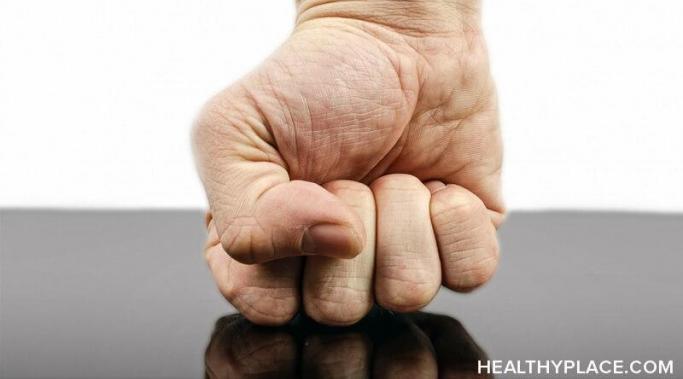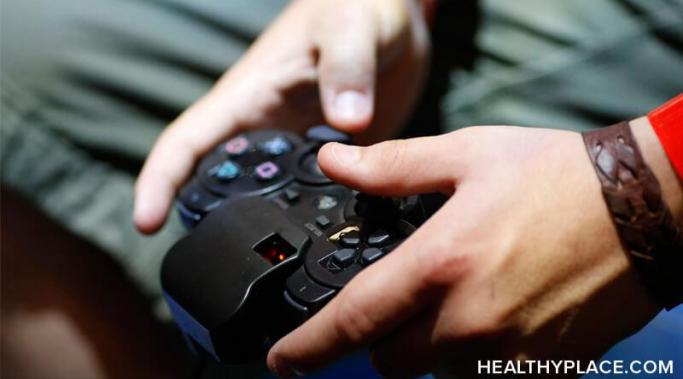Every hello ends in a goodbye, but every ending is also the beginning of something new. This will be my last post for "Speaking Out About Self-Injury." What will life be like after writing for this blog?
Speaking Out About Self Injury
A self-harm-free calculator can be a handy tool for tracking self-injury recovery progress for some folks, but it can impede progress for others if not used with care. Learn how to use a self-harm-free calculator properly.
Living with self-harm scars is different for everyone. Some folks have more visible scars; some have to cope with scars that directly affect how they live their day-to-day lives. As for me, my scar's appearance—and impact—on my life have been subtle but powerful.
The repercussions of self-injury go beyond the obvious. By sharing a bit about how self-injury affected my health, I hope to help you better understand the full extent of what you—or perhaps a loved one—may be going through.
They say distraction can be a useful tool for self-injury recovery—but do self-harm prevention games actually help?
Some people self-harm because they believe they deserve pain—but self-harm is neither a safe nor effective means of self-punishment.
If you've ever wondered, "Why do I hurt myself when I'm anxious?" know that you are not alone. Public perception tends to associate self-harm with depression, but anxiety can be a major factor, too.
Not everyone who self-harms does so out of anger. Even when self-injury is fueled by rage, participating in self-inflicted violence doesn't automatically make you a violent or aggressive person.
While it shouldn't be the only tool in your recovery toolbox, distraction can play a vital role in healing from self-harm. One option is to use games to distract you from self-harm urges.
Is it possible to stop self-harming without therapy? As someone who walked the road of self-harm recovery alone for many years, I can tell you it's possible—but that doesn't mean it's your best option.









